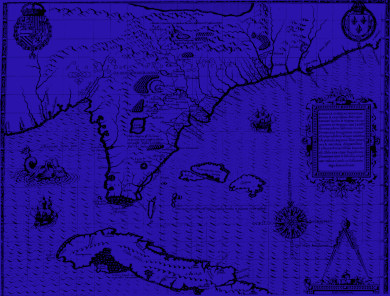Have you ever heard of “Atlantis”? If you are a fan of unsolved mysteries I bet that you know this renowned myth, which is one of the most popular and intriguing legends of all time. If, however, this is not your case, I recommend the reading of this article either way, since there is a good chance that you will be charmed by the story of Atlantis.
The first step of our investigation will be to track down the originary source of the legend of Atlantis: when and by whom was this story first told? Easy to say, Plato mentions the story of Atlantis twice in his dialogues Timaeus and Critias, both written in 360 BC.
In the dialogues, Plato described Critias reporting what his grandfather was told by Solon who heard it from the Egyptians that there was… wait, what? Yes, that is just how it is, an unbelivevable and incomprehensible caos. The source to whom Plato refers in the dialogues is not clear. Moreover no previous recordings of Atlantis story have been found so far. This clues make us think that Plato probably created the story himself for didactic reasons. Well, maybe it is time to listen to the actual story.
“Our records show how your city checked a great power which arrogantly advanced from its base in the Atlantic Ocean to attack the cities of Europe and Asia. For in those days the Atlantic was navigable. ” – Platon
Atlantis was an utopian state, probably placed beyond the Pillars of Hercules, in the middle of the Atlantic Ocean. Its inhabitants were half human and half gods and they had found an incredibly advanced and powerful civilization. Actually, Atlantis represented a threat for all the Mediterrenean states, especially Greece and Egypt. Despite its plentiful wealth, Atlantis decide to start an unprovoked war against the naval powers of Asia and Europe. Athens alone was able to stand againts Atlantis and eventually defeat the invaders.
The defeat was just the first adversity which Atlantis had to face. Many natural calamities stroke Atlantis and tore it down completely. First there were strong earthquakes, followed by massive floods and eruptions. In the end Atlantis sank into the sea.
Plato explained the end of Atlantis as the divine punishment for Atlantis’s arrogance and greed.
The fierce ending of the story makes it even more engaging, but also confirms the didactic aim of it and strengthen the hypothesis that Plato invented the story himself.
However, many coincidences were found between the story of Atlantis and the dramatic ending of Minoan civilization.
Minoan civilization was found in Crete long before the Mycenaean could inhabit Greece. According to greek recordings and stories, such as the myth of Theseus and the Minotaur, and archeological finds, it seems that Crete ruled the Aegean sea as an invincible naval power. Even Athens was submitted to Crete supremacy, as the myth of Theseus and the Minotaur clearly explains. Regarding the archeological finds, instead, they lead us to believe that Minoan civilization was very technically advanced: it seems that Minoan inhabitants designed and set up the first sewer system.
Apart from this surprising connections between the two civilizations, it is the dramatic ending of Crete that really links the two stories.
The devastating eruption of Santorini vulcano, dated around 1646 BC, was apparently the cause of Minoan downfall. Even if for many years scientists and academics distrusted this theory because of the distance between Santorini and Crete (which would have made difficult even for a severe eruption to reach Crete shores and almost impossible to affect the whole island), new researches have revealed that it was not the eruption the calamity which stroke Crete, but the floods caused by the eruption.
As you can see, the two stories of Crete and Atlantis correspond quite well one with the other. However this mystery will probably never been solved and this is what makes it special and still significant.

https://pixabay.com/vectors/florida-map-antique-line-art-4684689/
SOURCES: https://www.greecehighdefinition.com/blog/2018/11/22/is-crete-or-santorini-the-lost-atlantis
https://www.nationalgeographic.com/history/article/atlantis
https://www.thoughtco.com/platos-atlantis-from-the-timaeus-119667
https://it.wikipedia.org/wiki/Civilt%C3%A0_minoica
https://www.focus.it/cultura/curiosita/e-esistita-atlantide
https://en.wikipedia.org/wiki/Lost_world
